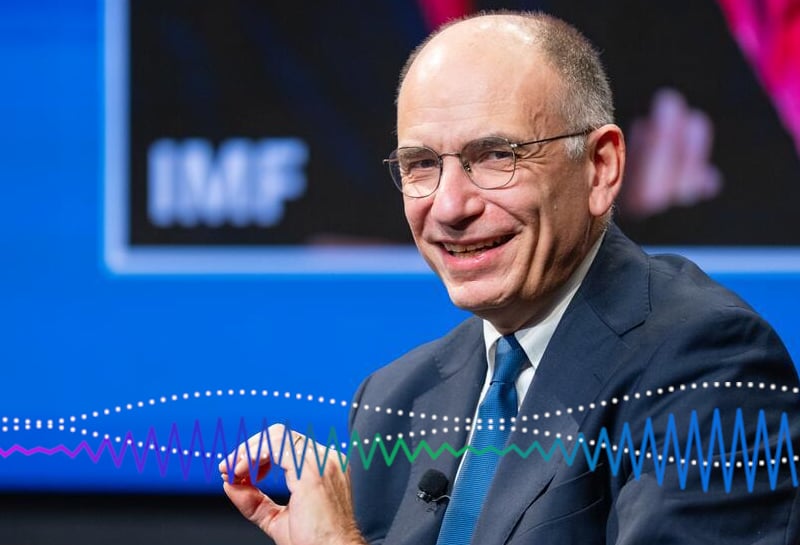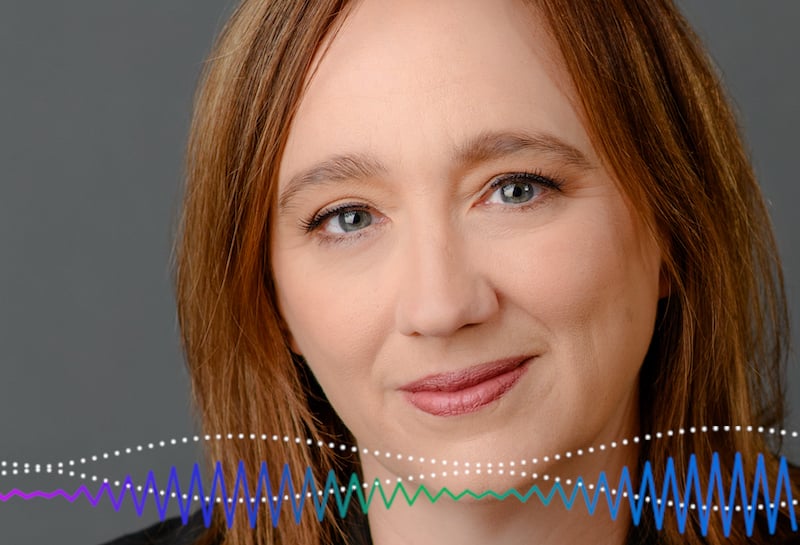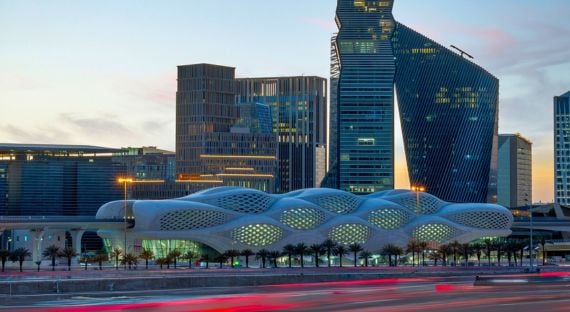News
Press Briefing | February 19
Watch the latest developments related to key economic issues, and answers questions about Ukraine, Argentina and Venezuela, Sri Lanka, India, the United States, Japan, and more.
Remarks by Kristalina Georgieva, IMF Managing Director
Policies Amid a Reset of the International Trade and Financial Systems
Latest News
- February 26, 2026IMF Executive Board Approves US$8.1 Billion under an Extended Fund Facility (EFF) Arrangement for Ukraine
- February 26, 2026Press Briefing Transcript: U.S. 2026 Article IV Consultation Mission
- February 26, 2026IMF Executive Board Completes the Fifth and Sixth Reviews Under the Extended Arrangement Under the Extended Fund Facility and First Review Under the Resilience and Sustainability Arrangement for Egypt
- February 25, 2026United States of America: Staff Concluding Statement of the 2026 Article IV Mission
- February 25, 2026Benin: IMF Executive Board Completes the Seventh Reviews of Extended Fund and Extended Credit Facilities, and Fourth Review of the Resilience and Sustainability Facility
- February 25, 2026IMF Staff Concludes Staff Visit to Syria
- February 24, 2026IMF Executive Board Concludes 2025 Article IV Consultation with Kuwait
- February 23, 2026IMF Executive Board Concludes 2026 Article IV Consultation with Belgium
Email Notifications
Sign up to receive free e-mail notices when new series and/or country items are posted on the IMF website.
Podcasts
Johan Norberg on What Makes and Breaks Golden Eras
The most prosperous of civilizations were the most open. The Romans, for example, expanded their empire by integrating the populations they conquered, creating a melting pot of new ideas. Johan Norberg’s latest book, Peak Human, examines the rise and fall of seven golden age civilizations. In this podcast, he says that if openness to learning and trade are what great societies make, building walls to protect their dominance often sparks their demise.
Enrico Letta: Harnessing Europe's Single Market
The idea of European integration through a single market was to capitalize on the EU as a whole. However, EU member states now appear reticent to pool sovereignty to the degree required to counter the geopolitical challenges of today’s world. Enrico Letta is President of the Jacques Delors Institute and a champion of Delors’ vision of creating a fully integrated European economic space. Letta says the adaptation of the single market should include all sectors rather than a select few and that fragmentation is holding Europe back.
Claudia Sahm on how Private Data can Augment Official Statistics
While official statistics compiled by government agencies are still considered the most reliable, policymakers are increasingly using private data to get around their limitations. Former Federal Reserve economist Claudia Sahm says the immediacy and granularity of private company data should serve as a complement to traditional data, not as a substitute.
Country Focus
Business Growth and Innovation Can Boost India’s Productivity
Strengthening innovation could help boost productivity growth by 40 percent, equal to adding the output of the country’s fourth-largest state economy
Canada Can Grow Faster by Unlocking Its Own Market
Knocking down internal trade barriers could boost output in Canada by 7 perc
Saudi Arabia’s Path Forward Amid Lower Oil Prices
Prudent fiscal policy, vigilant financial oversight, and deeper labor and investment reforms can keep Saudi Arabia’s transformation on track









